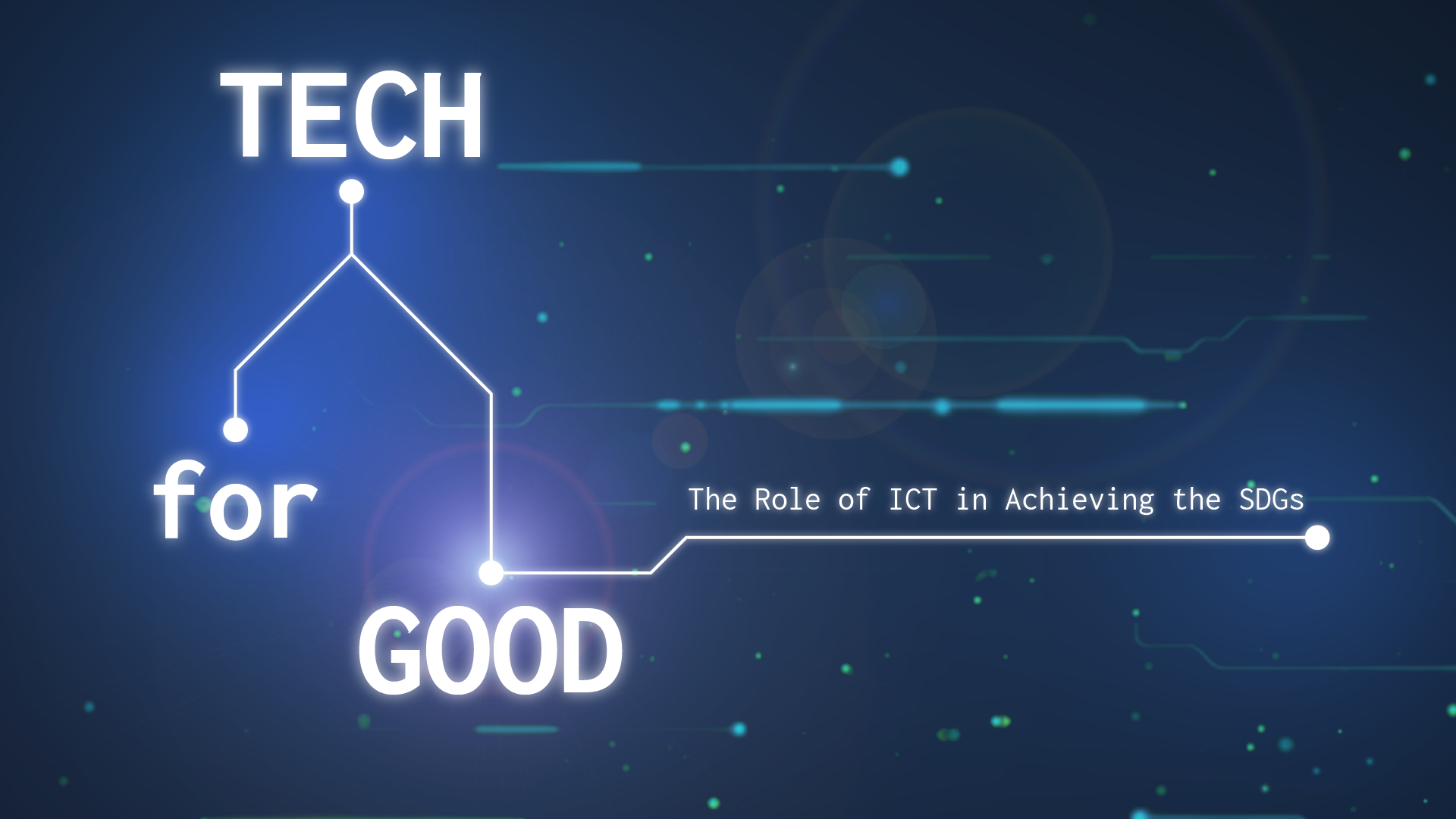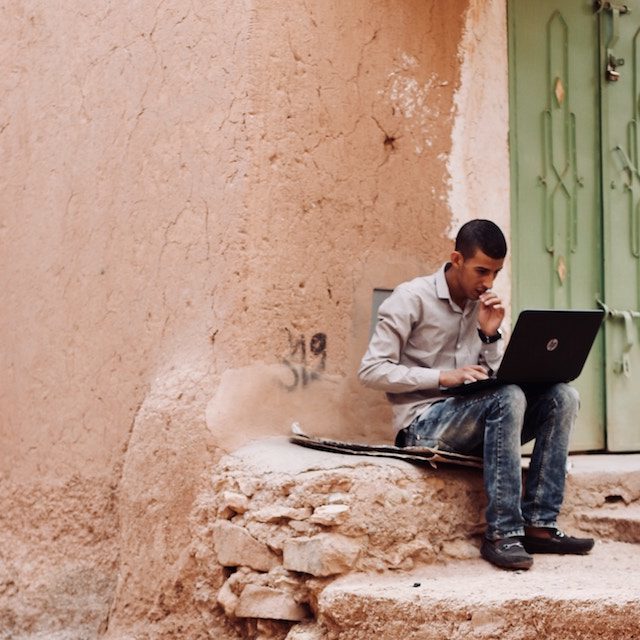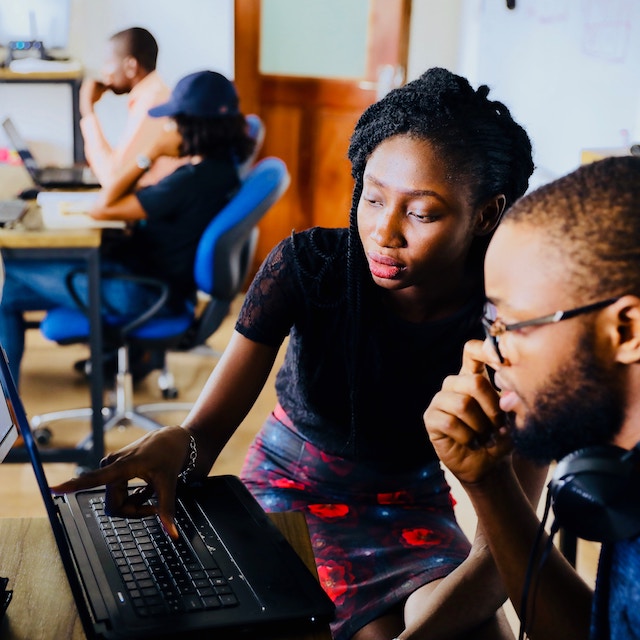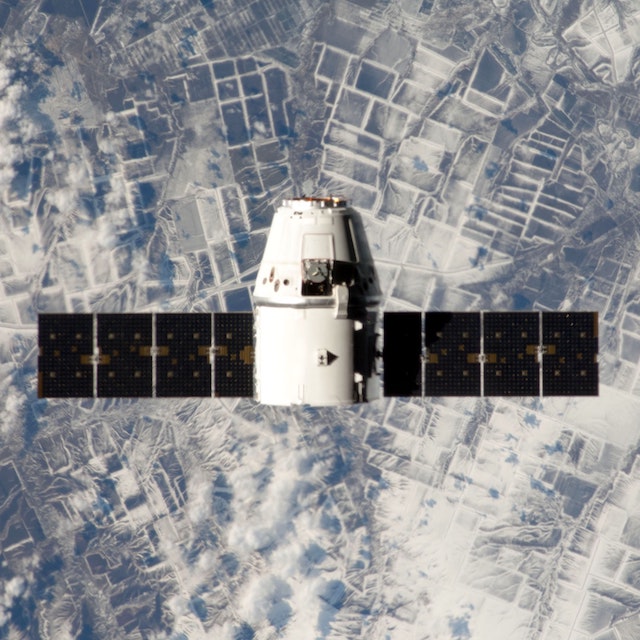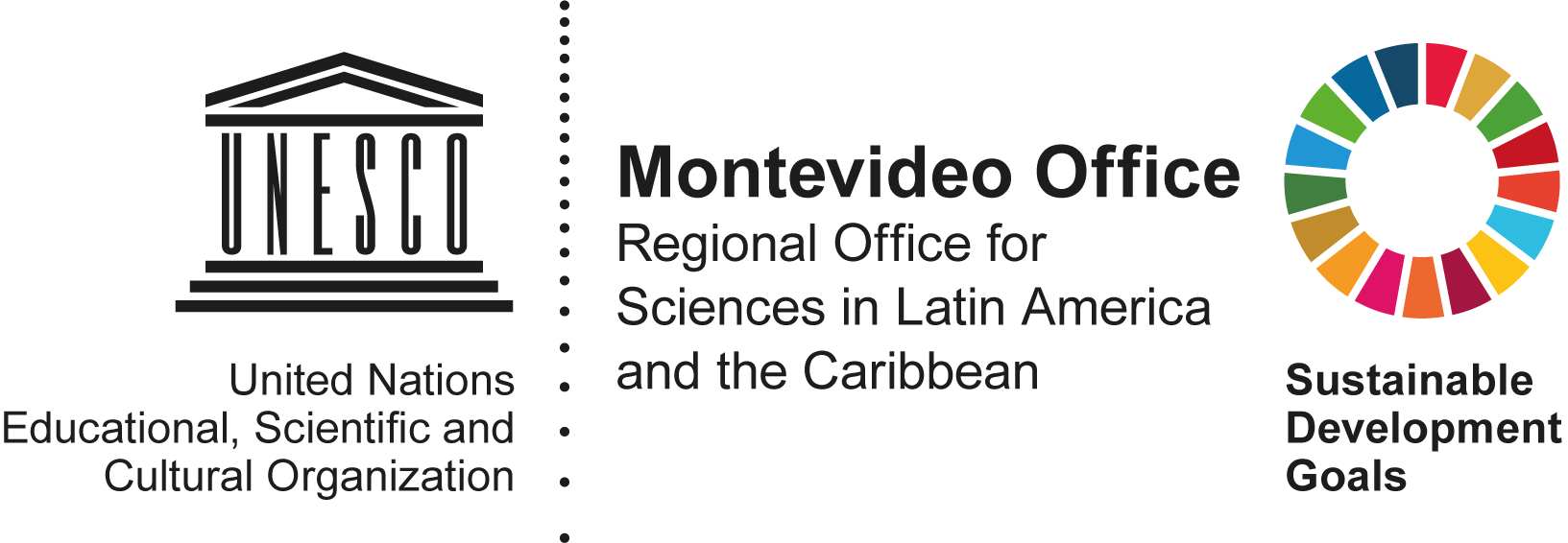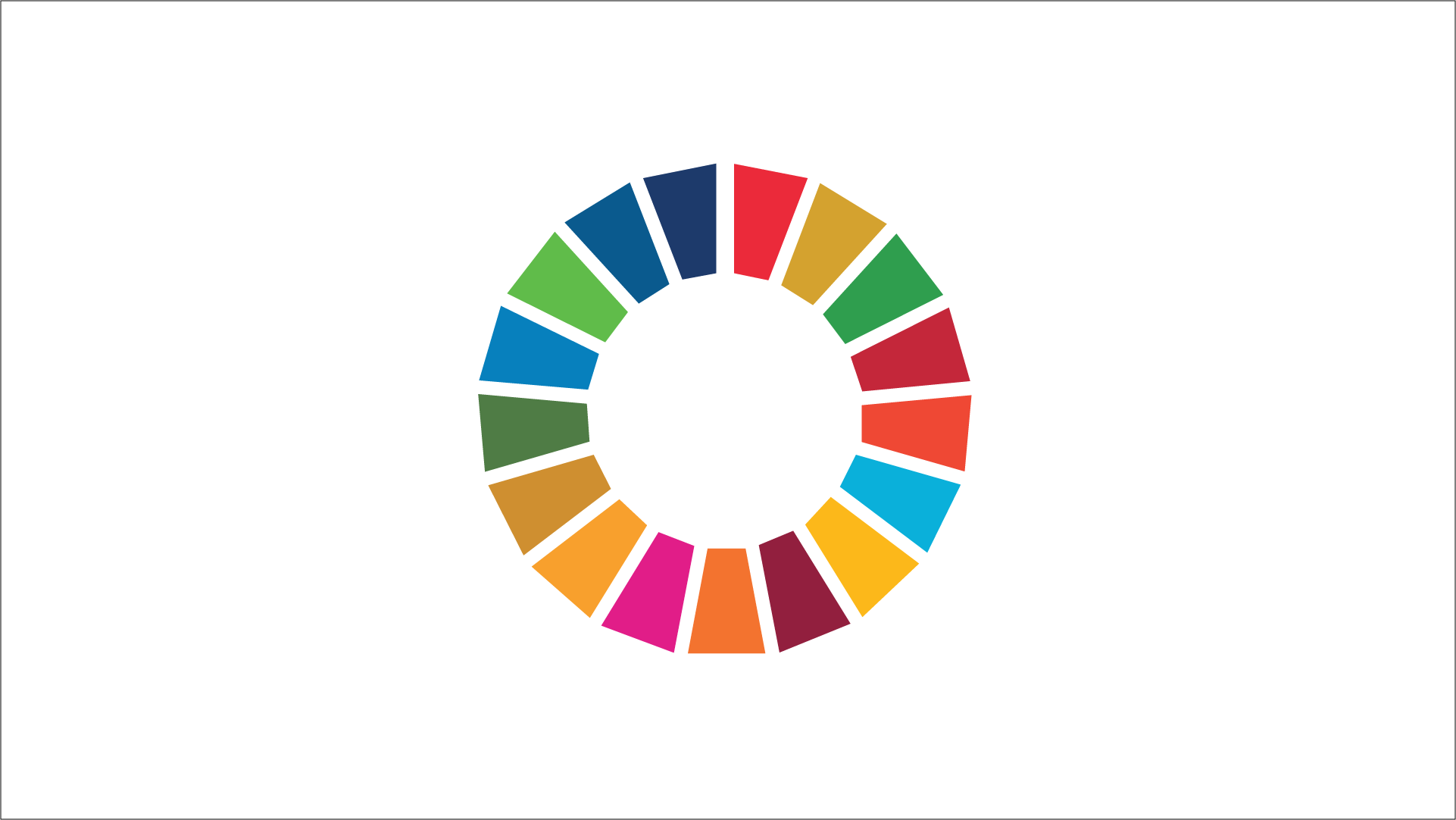Tech for Good was developed by UNESCO and Cetic.br/NIC.br, the Brazilian Network Information Center’s Regional Center for Studies on the Development of the Information Society. It brings together thought leaders and changemakers in the fields of information and communication technologies (ICT) and sustainable development to show how digital technologies are empowering billions of people around the world by providing access to education, healthcare, banking, and government services; and how “big data” is being used to inform smarter, evidence-based policies to improve people’s lives in fundamental ways.
It also addresses the new challenges that technology can introduce, such as privacy, data management, risks to cybersecurity, e-waste, and the widening of social divides. Ultimately, Tech for Good looks at the ways in which stakeholders are coming together to answer big questions about what our future will look like in a hyper-digitized world.
